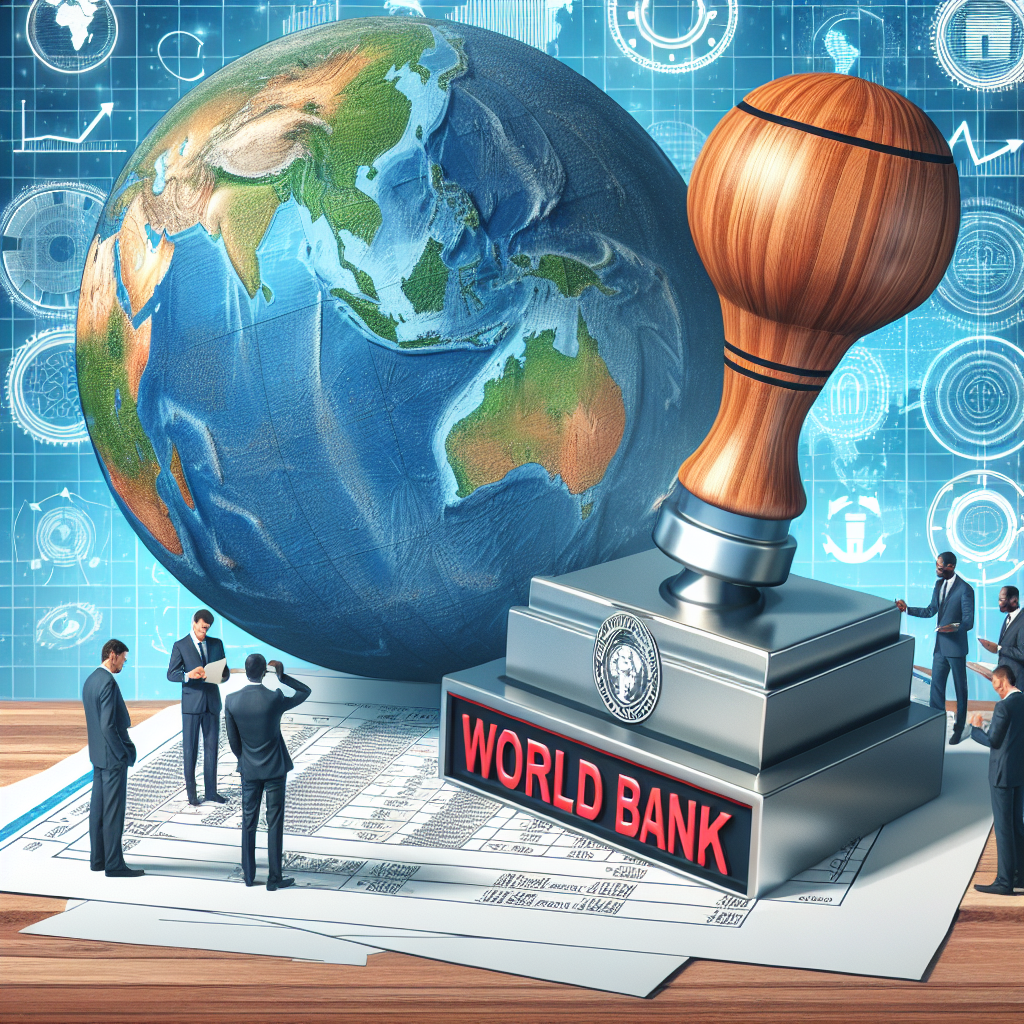World Bank Lifts Nuclear Energy Ban to Address Global Power Needs
The World Bank has decided to end its ban on funding nuclear energy projects in developing countries. This shift in policy comes from President Ajay Banga's push for a holistic approach to meet growing electricity needs. Discussions on policies for natural gas projects continue.

- Country:
- United States
The World Bank is reversing its longstanding ban on financing nuclear energy projects in developing countries, a significant policy shift aimed at addressing increasing global electricity demands. President Ajay Banga unveiled the changes to the bank's energy strategy following a constructive board meeting.
Banga emphasized the updated strategy as a move towards an 'all of the above' approach, aligning with the bank's broader development objectives. While lifting the nuclear funding ban, the board remains undecided on supporting upstream natural gas projects, indicating those discussions will continue.
The World Bank had ceased funding for nuclear projects in 2013 and stopped backing upstream oil and gas projects starting in 2019. Banga's leadership is steering the bank towards adapting its strategies to current energy landscape dynamics.
(With inputs from agencies.)
ALSO READ
Seville Commitment: A New Era for Global Development Financing
New UN report charts path out of debt crisis threatening global development
Global Development at a Crossroads: Seville Summit's Ambitious Goals Under Scrutiny
Seville Summit Seeks Solutions: Bridging the Global Development Divide
MDBs Scale Up Joint Reforms and Investments to Meet Global Development Challenges










